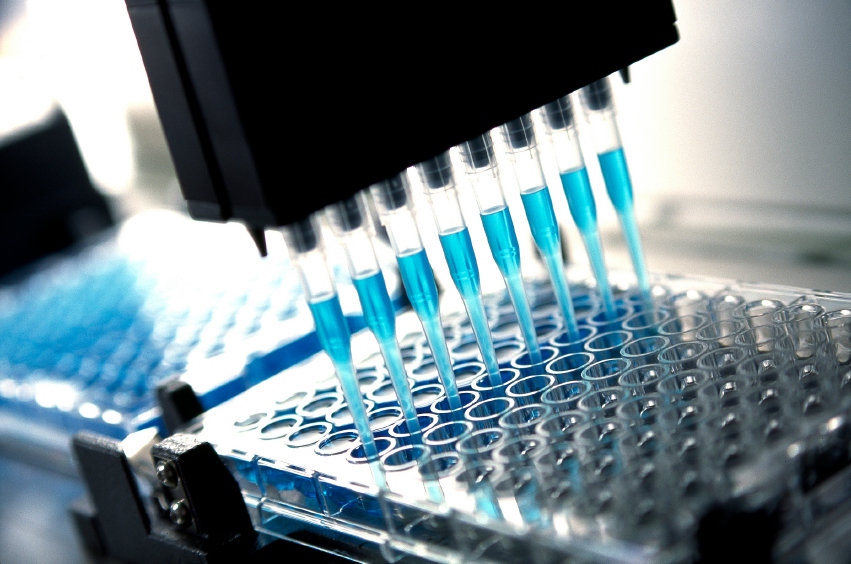CD Laboratory for Immunomodulation

Research is being conducted into the regulation and blocking of immunological reactions. The focus is on investigating the reactions of so-called T cells, which are the cause of allergic reactions.
T lymphocytes are special white blood cells that play a key role in the development of allergies. They induce the production of so-called IgE antibodies, which recognise allergens and trigger allergic reactions. The cellular processes that lead to allergic diseases are being researched in detail. In addition, approaches are being sought to regulate or block these processes with certain substances known as immunomodulators. This could effectively reduce allergic reactions.
One research approach is the identification of naturally occurring immunomodulators from bacteria or parasites, as many of these organisms infect other organisms with the help of substances that modulate the immune system in their favour. Identifying these substances and better understanding their mode of action can contribute to a better understanding of immunomodulation. In addition, substances are being developed that are produced by genetically combining allergens and immunomodulators. Such allergen-modulator conjugates can trigger fewer side effects than allergens and at the same time influence the immune system.
Another research focus is the molecular biological production of so-called T cell receptors and their characterisation. These receptors are located on the surface of T cells and are responsible for their activation by allergens. Soluble T cell receptors, i.e. those not bound to the cell surface, are to be produced in the CD Laboratory. These could intercept allergens without activating the T cells and thus help to prevent allergic reactions.
The deeper knowledge gained regarding the allergen-specific T cell response contributes to the development of safe and efficient allergy vaccines. In addition, the general knowledge of antigen-specific T cell responses will be expanded. This will also enable therapeutic interventions for other diseases that are based on derailments of the T cell immune response.

Christian Doppler Forschungsgesellschaft
Boltzmanngasse 20/1/3 | 1090 Wien | Tel: +43 1 5042205 | Fax: +43 1 5042205-20 | office@cdg.ac.at

